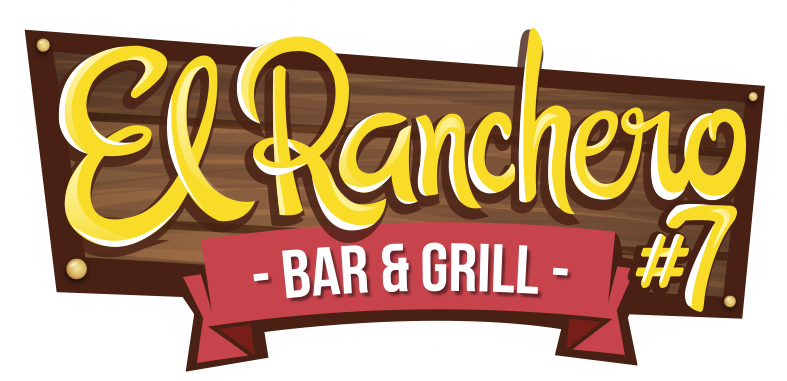How Do Car Title Loans Work?
To qualify for a car title loan, a borrower must own their vehicle free and clear and present a lien-free title to the lender. Valid identification, current vehicle registration, and proof of insurance, residency, and income are also required. Some lenders also demand keys to the vehicle or insist on installing GPS-tracking devices.
Although the amount of a car title loan depends on the value of the vehicle, it is usually capped at half of the car’s present worth. These loans are short term-typically 15 or 30 days-and have a three-digit annual percentage rate (APR), which is a much higher interest rate than those associated with traditional bank loans.
Typically procured by those with limited financing alternatives, car title loans are notoriously expensive. A $1,000 title loan with 25% monthly interest will cost the borrower $1,250 in 30 days, in addition to lender fees. Failure to repay the loan may cause the loss of the collateralized vehicle.
Fortunately, there’s no shortage of favorable alternatives to car title loans. The following financing sources and debt reduction methods can help those in need of fast cash.
1. Short-Term Bank Loans
Before committing to triple-digit interest rate car title loans, borrowers should first attempt to secure a traditional loan from a local bank or credit union. Even the most expensive bank loans are cheaper than title loans. Furthermore, some banks will make collateral loans to borrowers with less-than-stellar credit. As such, employed individuals who own cars may pledge their vehicles for bank-level interest rate loans.
If you have credit problems, finding the right loan can be particularly stressful in the case of a financial emergency when you need to borrow money in a hurry. Fortunately, you may still be able to access a variety of emergency loan options even when your credit is less than optimal.
2. Credit Card Cash Advances
Although cash advances are notoriously expensive, they still boast interest rates well below triple digits. A borrower with a credit card, a line of credit (LOC), and an ability to repay the loan within several weeks will likely be granted access to such funds, far less expensively.
3. Peer-to-Peer Loans
Because peer-to-peer (P2P) loans are funded by investors instead of banks, the approval rates in these situations are significantly higher than those for bank loan applications. Meanwhile, the interest rates are generally much lower.
Interestingly, the minimum loan amount ount, so there is a risk of borrowing more than is needed. But prepayment is allowed without penalty.
4. Help from Family or Friends
Friends and family might be willing to front or gift the needed money. In loan situations, parties involved should cement the agreed-upon interest rates and repayment plans in written contracts. Although the interest rates should be substantially lower than those with traditional bank loans, a borrower can still offer their vehicle as collateral as a good-will gesture to lenders.
5. An Extra Part-Time Job
If feasible, borrowers can supplement their income with a temporary job. Many employers will hire individuals on a project-by-project basis. For installment loan location Texas those who take the initiative to look, jobs are out there.
6. Social Services or Charities
State welfare offices, also called general relief offices, offer emergency cash assistance to those who qualify. Assistance ps, free or reduced-cost childcare, and internet services.
Churches and other religious institutions often supply needy individuals with food, housing, and education and job referral assistance. Individuals on parole or probation should contact their supervising officers for a list of resources.
7. Negotiating With Your Creditors
Borrowers struggling to pay down their loans should reach out to their creditors to discuss the possibility of creating alternate payment arrangements, lowering interest rates, negotiating discounts, waiving late fees, and other concessions.
8. Credit and Debt Counseling
This who chronically fall short on cash or ritually pay high prices for quick cash relief should seek the advice of a certified consumer debt specialist (CCDS). These practitioners can help devise a strategy for cutting costs, reducing debt, and saving for a rainy day. Counselors can help borrowers understand the true cost of short-term loans while steering them toward better options.
The Bottom Line
Car title loans are often viewed as predatory because they are exorbitantly expensive and target the lowest income demographics. After all, those with the most limited financial resources are least equipped to pay the high costs.
Title loans quickly trap borrowers into never-ending debt cycles that frequently lead to the loss of their vehicles. If you need emergency cash and find yourself coming up short, consider the alternatives instead. There is no one-size-fits-all solution when it comes to securing needed cash.
